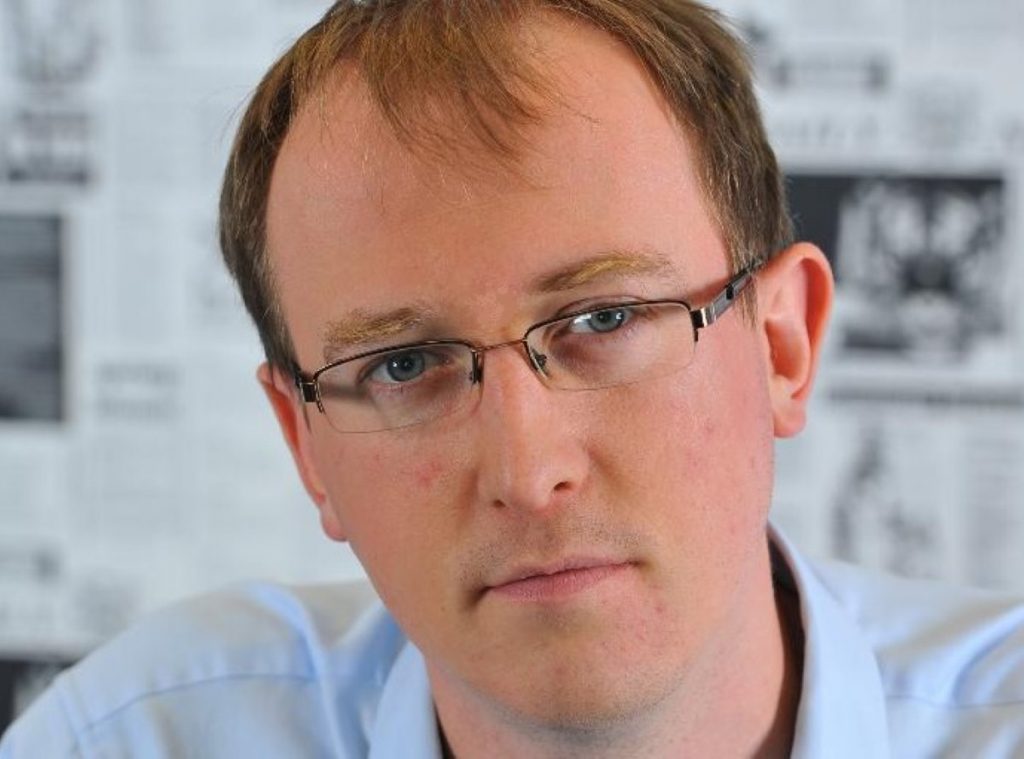Comment: There’s a downside to our D-Day obsession
By Alex Stevenson
Seventy years on, our national fixation with D-Day is making us forget the bigger picture of the Second World War.
Across the English Channel, incredibly moving events are taking place. A group of veterans are gathering together for the last time to remember their comrades who fell seven decades ago on the beaches of Normandy. Every one of them will be feeling the passage of time since then and thinking, of those who they saw die that day, of all the life they have missed out on.
It's about more than that, too. Everyone with a father or grandfather who was involved in D-Day, the greatest seaborne military operation of all time, will have fixed this extraordinary event in their heads as a critical part of the effort to defeat the evil of Nazi Germany.
So I hope anyone reading this with a personal link to Operation Overlord, as it was called at the time, doesn't get too offended when I gently suggest we're all getting a little carried away.
It's not that D-Day, when separated from the rest of the struggle with Adolf Hitler, doesn't deserve this level of commemoration. Any event on this scale should be memorialised. The problem is that doing so starts pushing out of our minds the sacrifices made by other countries. The First World War was monstrous enough. The Second World War took suffering to a whole new level. The price for victory was far higher. And it wasn't Britain, America or Canada which had to pay it.
D-Day cost around 12,000 Allied soldiers their lives. Between them, during the whole of the war, the total number of American and British soldiers did not exceed one million. Yet their allies, the Russians, lost somewhere around 30 million people. That was the cost of defying Hitler. The sort of national death which stops valuing life in ordinary terms.
When Napoleon failed to invade Russia it was 'General Winter' – the brutal elements – that thwarted him. When Hitler failed in the attempt, it was the sheer bloody-mindedness of the Russian soldiers that made the difference. At the great tank battle at Kursk in July 1943, the only way to stop the Germans was to send waves of infantry in to crawl under the Panzers to attach explosives. Barely any survived. But that was what was necessary to win. Russia's doggedness denied the Nazis the resources they needed for a Greater Germany that might just have been unbeatable.
Winston Churchill and Franklin Delano Roosevelt both understood this. So they did their utmost to try to assist the Russians in their struggle. At the grand strategic level, their efforts were inevitably limited. The North African and Italian campaigns were all about drawing as many German divisions away from Russia as possible. So too was the opening of a 'second front' in western Europe.
Joseph Stalin had been calling for a D-Day in 1942. He was disappointed when he didn't get it, and angry when it didn't happen in 1943 either. Churchill delayed for a reason: he feared a military catastrophe and preferred attacking the "soft underbelly of Europe" – the Mediterranean – instead. Eventually, though, the British prime minister had no choice but to accept D-Day would have to happen. It was a huge gamble – arguably the biggest-scale roll of the dice in military history.
And that, of course, is what makes D-Day so compelling today. The uncertainty and complications brought on by the fickleness of the stormy English Channel, the question-mark over whether the Allied deception operation had succeeded, the D-Day casualty ratio of 12 Allied soldiers killed to every German – these were just some of the risks and costs involved in an amphibious assault not matched elsewhere in this planet's history.
D-Day was more compelling than the bitter fight to the death, fought out in the wastes of Russia and eastern Europe, which was the centrepiece of the Second World War. It's why so many books and films have been written and made about it. Understandably, we British continue to be gripped with a fascination of incredulity about the scale of the invasion. In doing so, we shouldn't forget it was, in strategic terms, merely a supporting action. We shouldn't forget just how far from Normandy were the battlefields which decisively shifted the balance in defeating Hitler.
Alex Stevenson is parliamentary editor of Politics.co.uk
The opinions in politics.co.uk's Comment and Analysis section are those of the author and are no reflection of the views of the website or its owners.





-01.png)